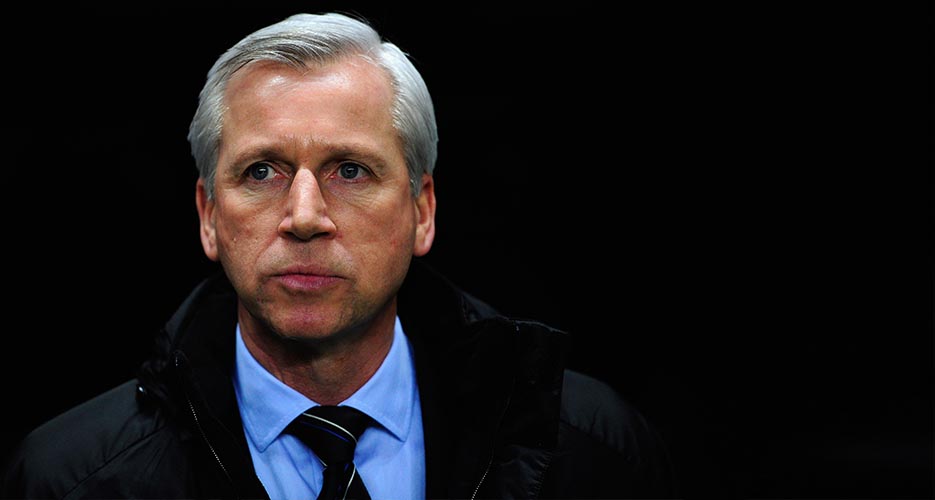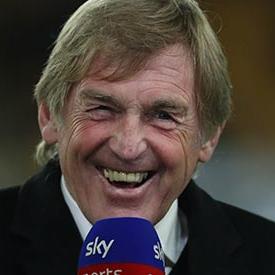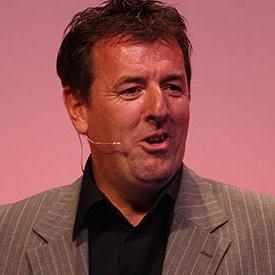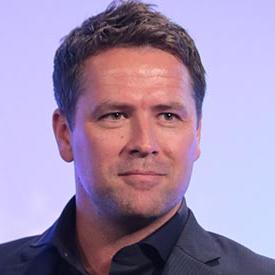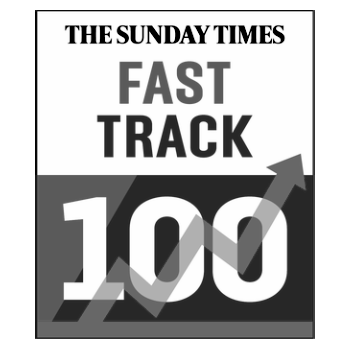Pardew began his playing career in non-league football, appearing at five different clubs outside of the football league while he worked part time as a glazier. Soon he would win himself a transfer to second division club and promotion hopefuls, Crystal Palace in a £7500 move.
This move could have been the highlight for Pardew, but he had much loftier ambitions. He would help the club to gain promotion back to the First Division in 1989, before playing a key role as Palace stunned English football to reach the final of the 1990 FA Cup. Pardew scored the winning goal as Palace stormed past Liverpool in a historic win for the club. They would go on to draw the final with Manchester United before losing in the final replay.
Even after falling agonisingly short, Pardew was able to help the club to a third place finish and their highest in history the following season. Overall, he would enjoy 128 appearances for the club, scoring 8 goals, a decent return for a midfielder who had been playing non-league football until he turned 26 years old.
Strong spells at Charlton Athletic and Barnet followed for Pardew before he took charge as caretaker manager of Reading in 1998. A successful time as caretaker manager earned Pardew the full time job in 1999, swiftly turning the club's fortunes around, from a real threat of relegation to promotion candidates. He helped the club to automatic promotion in his second season and in his third, helped them to a fourth place finish when they lost in the playoffs. West Ham approached Pardew, and he would become the club's manager in the 2003-04 season.
Pardew's time at West Ham was largely impressive. After putting the club back in the Premier League in his second season, he would lead the club to ninth place as well as a historic FA Cup Final where the club narrowly lost out to Liverpool on penalties after a pulsating 3-3 draw.
Pardew would also go onto enjoy spells at former club Charlton Athletic as manager and at Southampton before he took the reins at St James Park. His time at Newcastle United proved fruitful, with his transfer business especially catching the eye. He led the side to a European place, winning the Premier League Manager of the Season award, making him the first Newcastle manager to achieve the feat. He would later reunite with the club he spent most of his playing career at Crystal Palace. There he would take a number of top Premier League scalps, as became his trademark at Newcastle. He kept the club in the league and led Palace to the FA Cup Final, his third in his career, and once again he would fall short as Manchester United would beat them 2-1.

